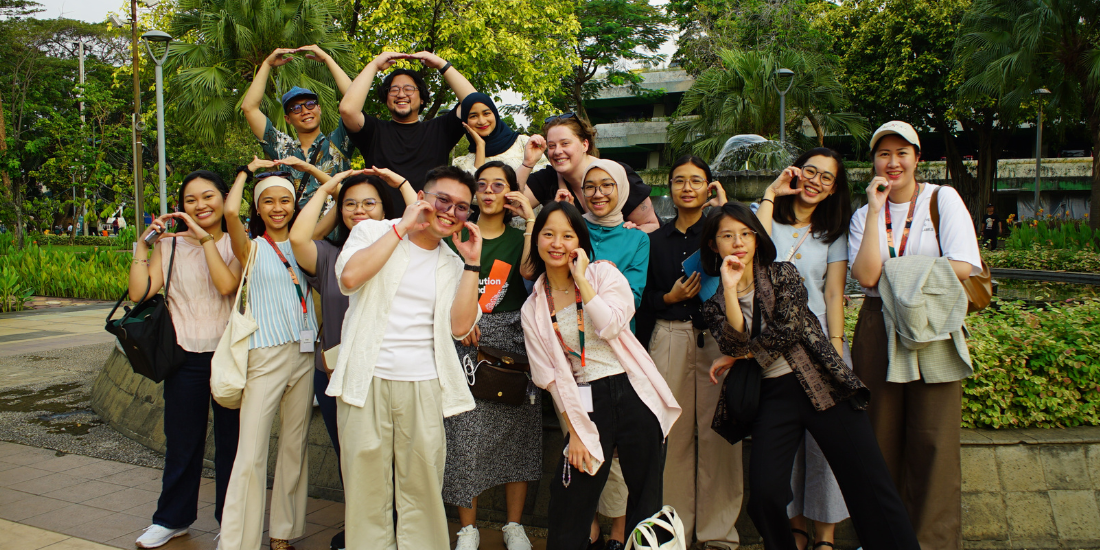
About the Fellowship Program
The Orygen Global Youth Mental Health Fellowship program was established in 2020 with the aim of building the capacity, skills and voices of young people to create positive change in mental health awareness, policy and systems reform in their community. By equipping participants with the tools to design and lead impactful projects, the program fosters innovative, youth-driven solutions that promote mental wellbeing worldwide.
The Fellowship was developed by Orygen’s Youth Strategic Advisors, Maddison O’Gradey-Lee and Nataya Branjerdporn, inspired by global consultations conducted by Orygen in 2019, where young people voiced a clear need for stronger advocacy education and training. The inaugural Fellowship launched in 2021, with a global cohort of 15 young people. In 2022, the Fellowship shifted its approach to a regional specific approach and launched the ASEAN-Australia Youth Mental Health Fellowship. Across 2022-24, there were three Fellowship cohorts, which consisted of Fellows from each of the ten member states of ASEAN and Australia.
The program provides Fellows with a range of skills and supports them to develop a youth mental health advocacy project plan designed around the needs of their communities. It combines professional insights and education from leading global mental health organisations and networks, individual mentorship with industry leaders, and advocacy training from those with experience at a local, national and international level. The Fellowship program builds the capacity of young people to champion and scale change through developing their skills to contribute to community and health services, community development and policy making. It creates a platform for knowledge-exchange and connects Fellows with leading global mental health organisations and networks, academics, and industry leaders.
Applications are now closed for the second ASEAN-Pacific Youth Mental Health Fellowship Program.
FELLOWSHIP PROGRAM CONTENT
The Fellowship is a six-month hybrid online and in-person program for young people aged 18–30 who are passionate about youth mental health and want to create change in the mental health landscape within their region.
Click here to learn more about the program content.
FELLOWSHIP ALUMNI
Following the completion of the Fellowship, participants join the alumni network. The alumni network provides ongoing peer support, webinars and opportunities for collaboration to sustain Fellow’s advocacy efforts beyond the completion of the program.
Click here to read about what past Fellows have achieved through their participation in the program.
The program has continued to evolve since its inception, with six programs held to date encompassing a focus on different regions. Click on the links below to read about the Fellows.